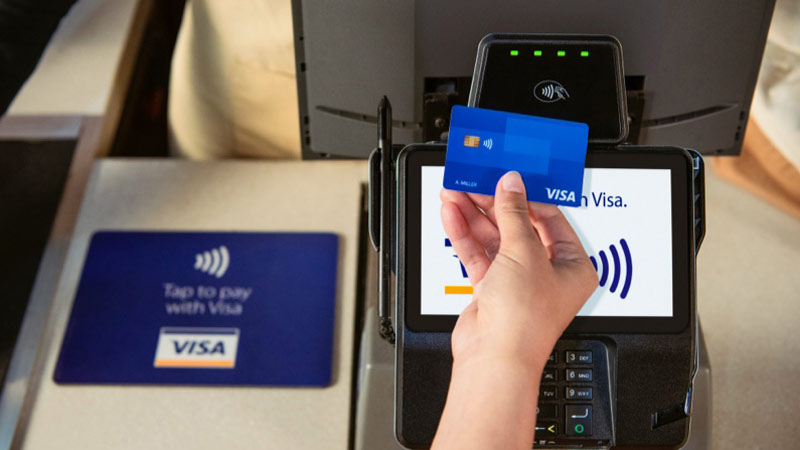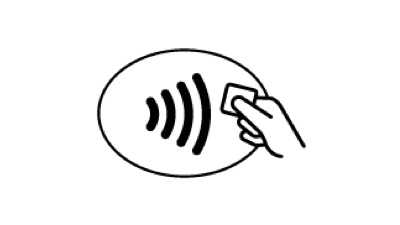17/02/2026


Newsroom
Your destination for the latest Visa news, media assets and company information.
Press releases
16/02/2026 |
|
18/11/2025 |
|
22/09/2025 |
|
28/07/2025 |
|
20/06/2025 |
|
18/06/2025 |
|
05/05/2025 |
|
16/04/2025 |
|
10/04/2025 |
Corporate media kit
Our corporate media kit provides a complete overview of everything Visa.
Executive bios
Company facts
Quarterly Results
More news and views from Visa

Visa CEMEA Blog
Read Visa’s blog for the latest stories about payment innovation, sustainability efforts, how Visa is empowering communities and more.

Insights
Review in-depth intelligence reports that offer actionable insights and up-to-date analysis on the latest trends in the payments industry and consumer spending.

Educational Events and Webinars
Stay informed about upcoming risk management events and webinars or review educational webcasts of past events in our archive.
Media contacts
Get in touch
Have questions about Visa?
For Media Inquiry please contact Visa Corporate Relations Middle-East & North Africa [email protected].


